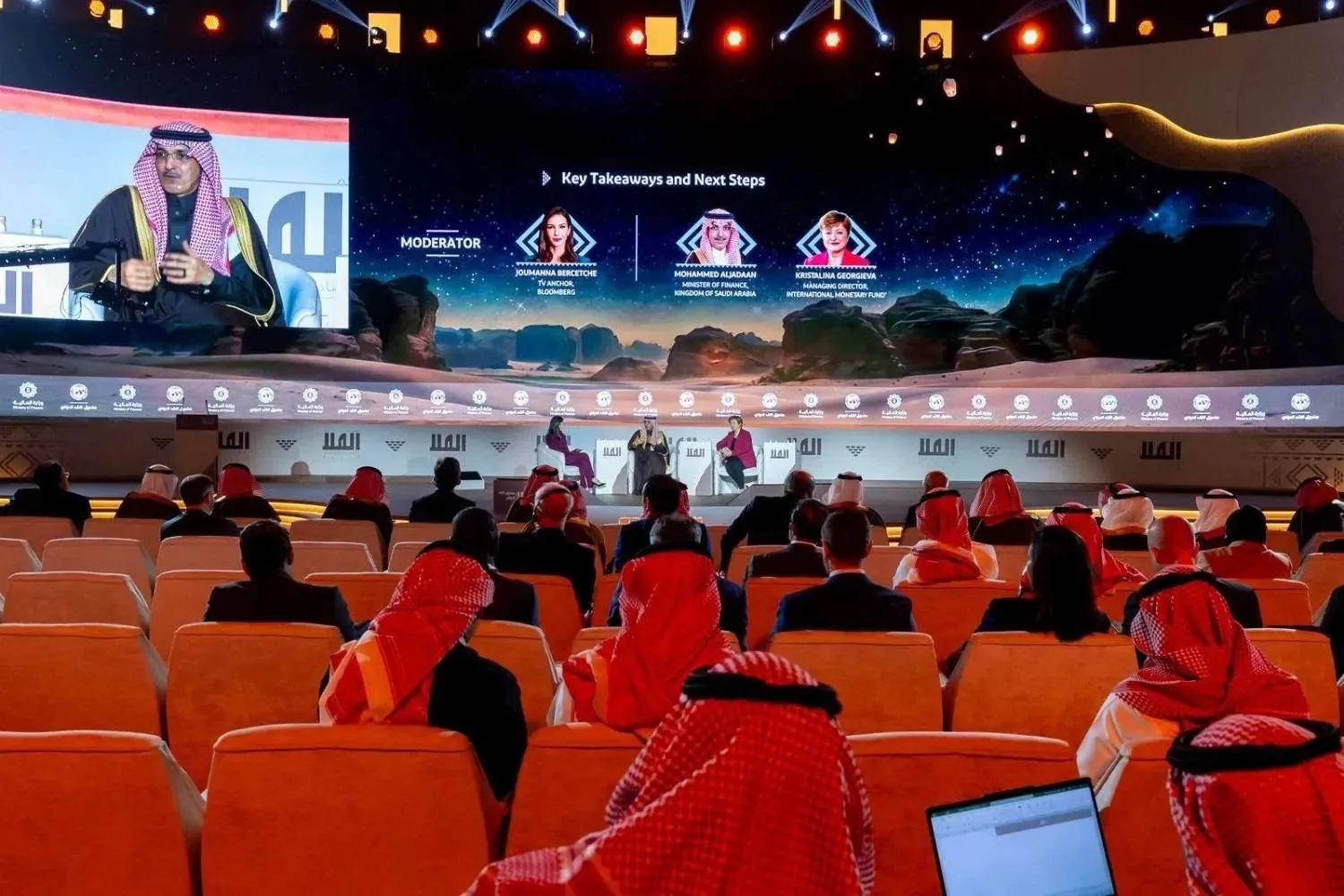Egypt raised the prices of a wide range of fuel products on Thursday, the official gazette said, four days before the International Monetary Fund (IMF) conducts a third review of its expanded $8 billion loan program for the country.
The official gazette, citing the petroleum ministry, said petrol prices increased by up to 15% per litre, with 80 octane rising to 12.25 Egyptian pounds ($0.25), 92 octane to 13.75 pounds and 95 octane to 15 pounds.
Diesel, one of the most commonly used fuels, saw the biggest increase, rising to 11.50 Egyptian pounds ($0.24) from 10 pounds, according to Reuters.
This is the second time the government has raised fuel prices since the IMF expanded its loan program by $5 billion in March. Egypt has committed to slashing fuel subsidies as part of the agreement.
But Egyptians who spoke to Reuters, including taxi driver Sayed Abdo, complained that Thursday's move would mean an automatic increase in prices for daily goods.
"If you ride with me today and usually pay 10 Egyptian pounds, I will ask you for 15, because fuel prices are raised. That's normal, because when I go get food, what I used to buy with 10 Egyptian pounds becomes now for 15," he said.
"We don't know where we're headed with these prices."
On Wednesday, Prime Minister Mostafa Madbouly said prices of petroleum products will gradually increase until the end of 2025, adding that the government could no longer bear the burden of increasing consumption.
Egyptians have also endured blackouts, which Madbouly said had ended at the start of this week, as the country struggled to import sufficient natural gas to tackle the summer heat.
In April, the IMF estimated that Egypt will spend 331 billion Egyptian pounds ($6.85 billion) on fuel subsidies in 2024/25 and 245 billion in 2025/26.
The IMF's approval for the third review of the expanded loan program was originally expected on July 10, but was pushed back to July 29, with the lender attributing the delay to the finalisation of some policy details.
The IMF is expected to disburse $820 million to Egypt after concluding its review.









